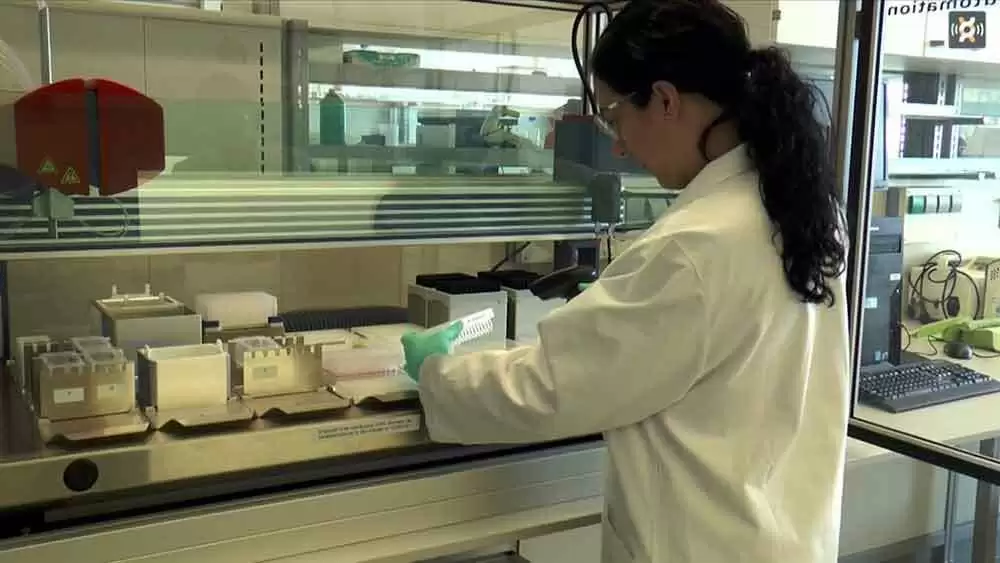Celiac.com 10/30/2023 - A recent study has shed light on the intriguing link between zonulin, a protein responsible for regulating the permeability of the intestines, and the risk of celiac disease in children. Not only does this research suggest that zonulin could be a potential biomarker for identifying preclinical celiac disease, but it also reveals a fascinating connection between antibiotic use and the likelihood of developing celiac disease.
This study's findings, presented at the North American Society for Pediatric Gastroenterology, Hepatology, and Nutrition (NASPGHAN) 2023 Annual Meeting, indicate that elevated levels of zonulin in infants and toddlers are associated with a higher chance of being diagnosed with celiac disease.
Celiac.com Sponsor (A12):
Led by Dr. Maureen Leonard, Clinical Director of the Center for Celiac Research & Treatment at MassGeneral Hospital for Children, the research team uncovered a significant correlation between antibiotic courses and increased zonulin levels. This intriguing connection implies that multiple courses of antibiotics might elevate the risk of celiac disease in children who are already predisposed to it.
In an interview with HCPLive at the NASPGHAN 2023 conference, Dr. Leonard discussed the study's significance and how it contributes to our understanding of the triggers behind celiac disease.
Celiac disease is an autoimmune disorder triggered by the consumption of gluten, a protein found in wheat, rye, and barley. It affects approximately 1% of the population and can lead to various health problems if left untreated. One of the mysteries surrounding celiac disease is that while about 40% of the population carries the genetic markers that make them susceptible to the condition, only 2-3% of these individuals actually develop the disease. This leaves scientists searching for other factors that contribute to its onset.
Antibiotic Courses in Young Children Boost Zonulin Levels
Dr. Leonard's research reveals an exciting piece of the puzzle. The study suggests that zonulin, the protein responsible for controlling intestinal permeability, plays a crucial role. Increased levels of zonulin were found to be linked to a higher risk of celiac disease diagnosis in infants and toddlers. Moreover, the more antibiotic courses these young children were exposed to, the greater the increase in zonulin levels.
However, Dr. Leonard emphasizes that antibiotics are essential and sometimes life-saving medications. The key is to use them judiciously, especially in children at risk of developing celiac disease. This research underscores the importance of cautious antibiotic use in pediatric patients who may already have genetic factors predisposing them to celiac disease.
High Zonulin Levels May Trigger Celiac Disease
While this study is a significant step forward in our understanding of celiac disease, further research is needed to uncover all the triggers behind this complex condition. The connection between zonulin, antibiotics, and celiac disease risk adds a new dimension to the ongoing quest to solve the celiac disease puzzle and improve our ability to diagnose and treat this autoimmune disorder in children.
Zonulin's role as a potential biomarker for celiac disease, and its connection to antibiotics offer promising avenues for future research, and may ultimately contribute to better management of celiac disease risk in children.
Learn more at the Conference|North American Society For Pediatric Gastroenterology, Hepatology & Nutrition









Recommended Comments
There are no comments to display.
Create an account or sign in to comment
You need to be a member in order to leave a comment
Create an account
Sign up for a new account in our community. It's easy!
Register a new accountSign in
Already have an account? Sign in here.
Sign In Now